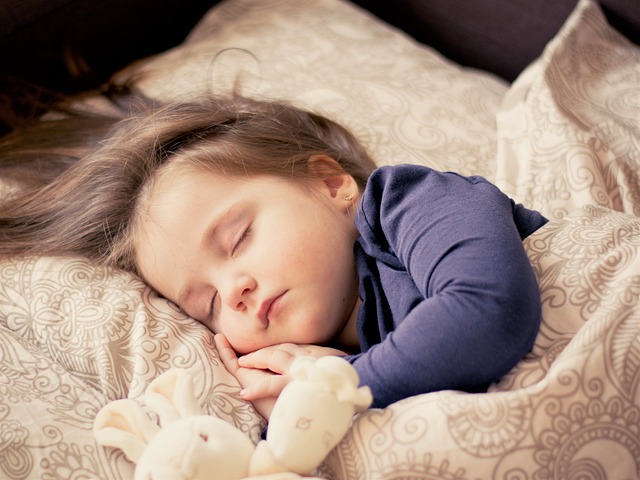Photo by Daniela Dimitrova
Are you feeling overwhelmed by the stretch of sleepless nights? Do you want to learn how to fall asleep faster and have the energy and motivation to create a brilliant and beautiful life? If so, you’ve come to the right place. This post will provide you with practical and proven strategies for getting the most out of your sleep and achieving your dreams.
Getting enough sleep is essential for maintaining a healthy lifestyle. Many of us struggle with falling asleep, leading to fatigue and reduced productivity during the day. However, with a few simple techniques, you can fall asleep faster and start living a brilliant and beautiful life.
Another technique for falling asleep faster is practicing relaxation methods before bed. This could include meditation or breathing exercises designed to calm the mind and body. Additionally, avoid using electronic devices at least an hour before bedtime as they emit blue light that disrupts natural sleep patterns.
1. Establish a Sleep Routine
One of the best things you can do to fall asleep faster is to establish a sleep routine. Going to bed and waking up at the same time each day will help your body to naturally adjust to the desired sleep-wake cycle. Try to stick to the same schedule even on weekends and holidays. This will help you to get into a rhythm and make it easier to fall asleep and stay asleep.
2. Optimize Your Sleep Environment
Creating a sleep-friendly environment is essential for getting a good night’s sleep. Make sure your bedroom is dark, quiet, and at a comfortable temperature. If noise from outside or from other rooms is an issue, use a white noise machine or earplugs to help block out the sound. Additionally, invest in comfortable bedding and pillows that will help you to stay comfortable throughout the night.
If you still find yourself struggling to fall asleep, you may need to address any underlying medical conditions such as sleep apnea or insomnia. Talk to your doctor to determine if you require any medical treatment.
3. Watch What You Eat and Drink
What you eat and drink can also affect your sleep quality. Avoid eating large meals close to bedtime and consider eating a light snack before bed to help you relax. Additionally, avoid drinking caffeine late in the day as it can make it harder to fall asleep and stay asleep. Alcohol can also disrupt your sleep, so it’s best to avoid drinking it close to bedtime.
4. Exercise Regularly
Exercising regularly can help to improve your sleep quality. Aim to get at least 30 minutes of moderate physical activity every day. Exercise has been found to reduce stress and help you to fall asleep faster. However, avoid doing any strenuous exercise close to bedtime as it can act as a stimulant and make it harder to fall asleep.
Conclusion
Getting a good night’s sleep is essential for feeling energized and motivated to create a brilliant and beautiful life. Following the tips outlined in this post, such as establishing a sleep routine, optimizing your sleep environment, watching what you eat and drink, and exercising regularly, can help you to fall asleep faster and get the most out of your sleep. With these strategies in your toolkit, you’ll be well on your way to living a life of joy and fulfillment.






One key factor in achieving deep sleep and effective recuperation is creating a comfortable sleeping environment. This includes investing in high-quality bedding and pillows that support your body properly. You also want to ensure that your bedroom is dark, quiet, and kept at a cool temperature to promote restful sleep.
Additionally, create a calming bedtime routine that will help you to relax and unwind. This could include activities such as reading a book, listening to calming music, or taking a warm bath. Avoid using electronic devices such as phones and TVs right before bed as the bright light can disrupt your sleep.
We all know that sleep is important, but sometimes it can be hard to get enough. Life gets in the way and before we know it, we’re running on empty. But what exactly happens when we don’t get enough sleep?
There are a few things that happen when we don’t get enough sleep. For one, our brains don’t function as well. We can’t concentrate as well and we’re more likely to make mistakes. We’re also more likely to have mood swings and to be irritable.
Lack of sleep can also have physical consequences. We can feel more pain and our immune system can suffer. We’re also more likely to gain weight, because when we’re tired we tend to crave sugary and fatty foods.
So next time you’re struggling to get enough sleep, remember all of the reasons why it’s important. Your body and mind will thank you for it!